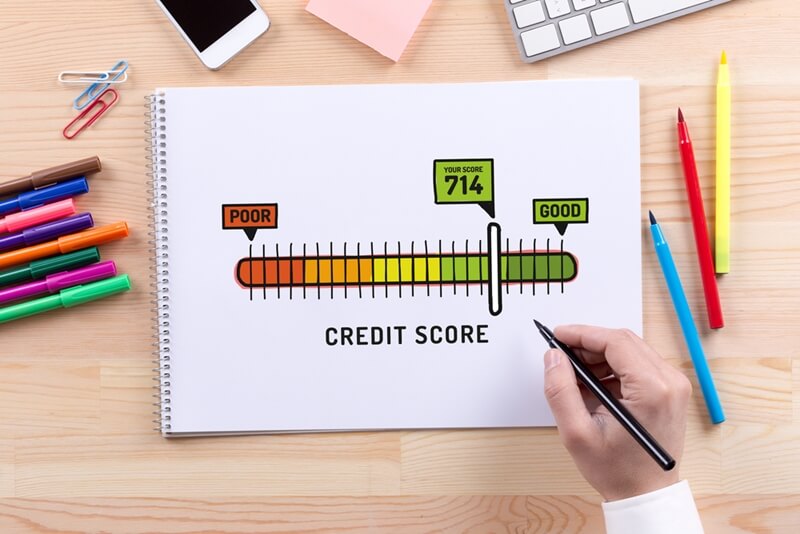4 ways cash advances differ from lawsuit loans
Every year, millions of cases go through the U.S. court system, each of which is uniquely different from the rest. For just about all of them, though, they’re both expensive and time consuming.
Fortunately, lawsuit loans and cash advances provide the financial resources both lawyers and litigants need to proceed with their case to the fullest extent possible. But it’s important to note that while cash advances and lawsuits are similar, several key characteristics make them different. The following are a few of the ways the two compare and contrast so you can determine the best financial strategy for you and your case.
Repayment
By definition, a loan is something that is borrowed and is expected to be paid back, typically with interest if money is what’s exchanged. This is perhaps the biggest misunderstanding people have between cash advances and lawsuit loans. With the latter, regardless of a case’s outcome, the loan has to be repaid. But with a cash advance, repayment is all dependent on if the case is won or not. If the verdict isn’t in the borrower’s favor, then the debt is forgiven. Lending institutions take a calculated risk by providing cash advances, but in doing so, they’re confident that the litigant will win the case.
Credit check
Whether you’re buying a house, financing an automobile or renting an apartment, a credit check is standard operating procedure. The same is true for a lawsuit loan. However, with a cash advance, credit checks are unnecessary, mainly because the lender bases the advance on the merits of the case. In other words, if the case seems reasonable and the facts surrounding it compelling, the borrower will have the means to repay because of the case’s likely victory.

Credit checks aren’t necessary with a cash advance.
Interest payments
As synonymous as repayment is with loans, so too is interest payments, the amount of which depends on the lender, the borrower’s creditworthiness and where interest rates are currently, as dictated by the Federal Reserve. Cash advances work differently. Monthly interest payments are not required and the loan is due only after the funds have been distributed via a court’s ruling or settlement.
Use of funds
Given that loans carry interest, fees and credit checks, it may come as no surprise that lawsuit loans tend to have more restrictions regarding how the funds can be used. Cash advances, on the other hand, are virtually void of red tape. So in addition to no credit check or need for income verification – as is the case with lawsuit loans – cash advances can be used for anything, whether it’s discovery, medical billing, or living expenses.
Legal recourse is down right expensive and so are the injuries that makes legal action necessary. Money should never be the deciding factor on whether a case can go to court. And with Glofin, it never has to be. Fill out our application to get the process started. It’s the quickest way to get the cash you need, when you need it.



